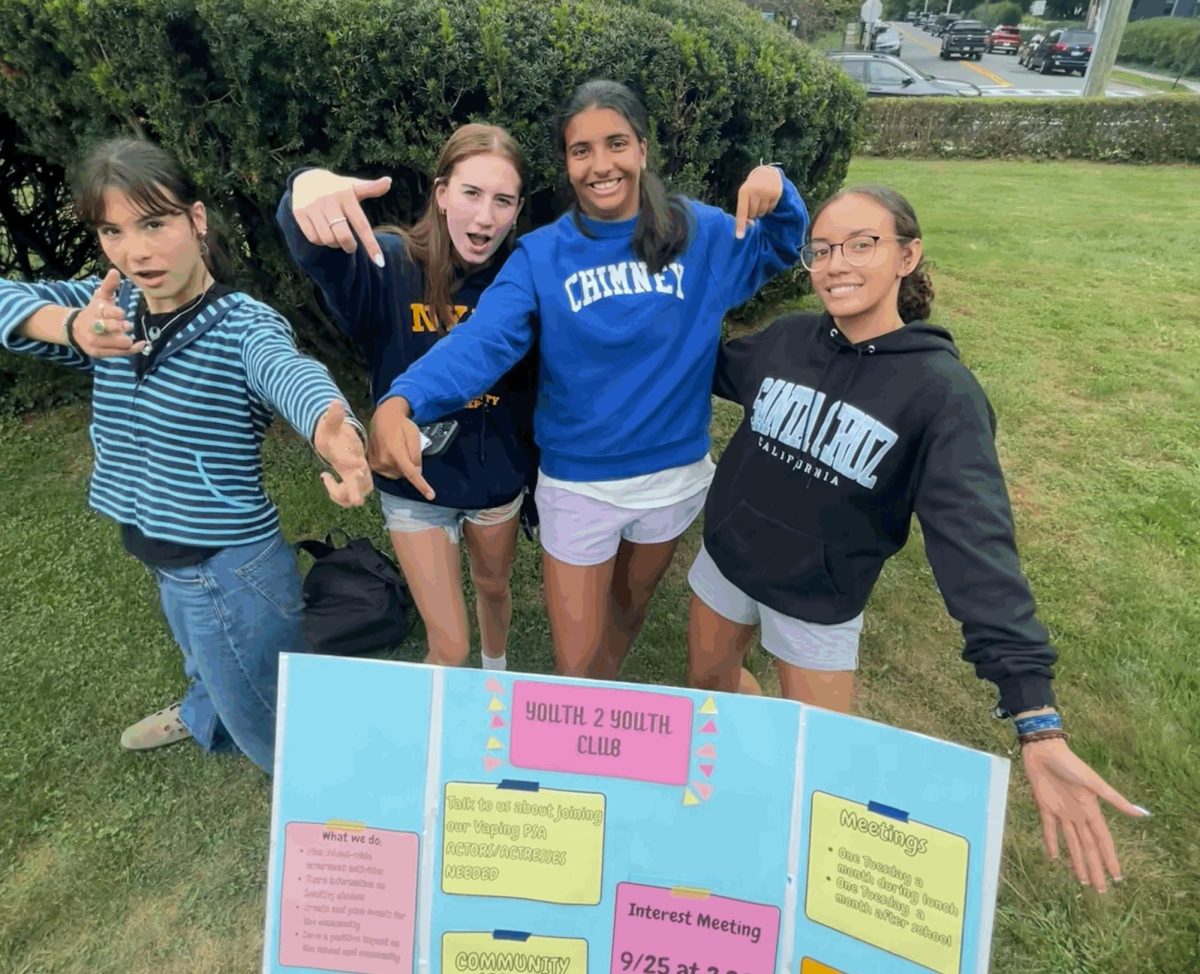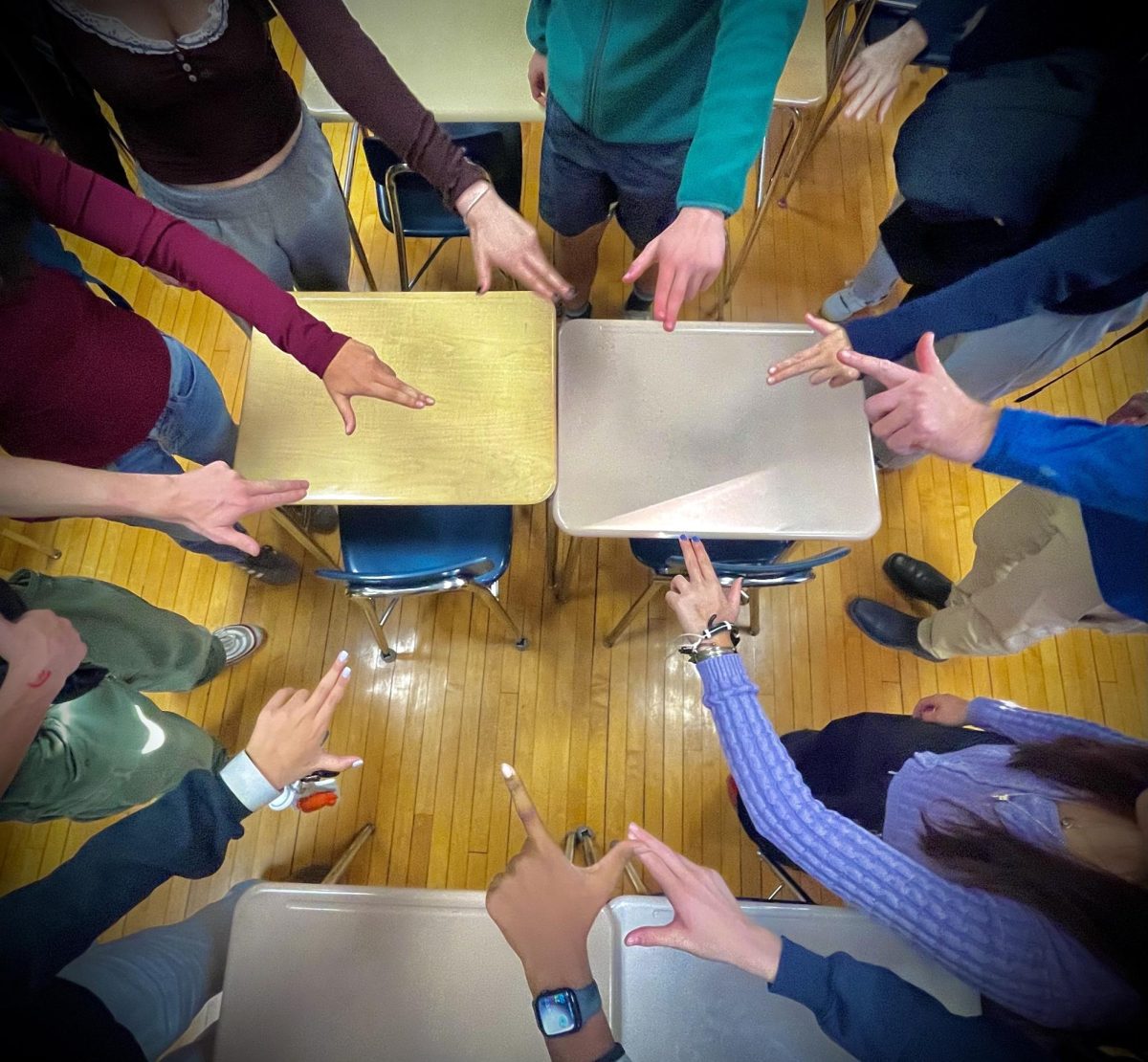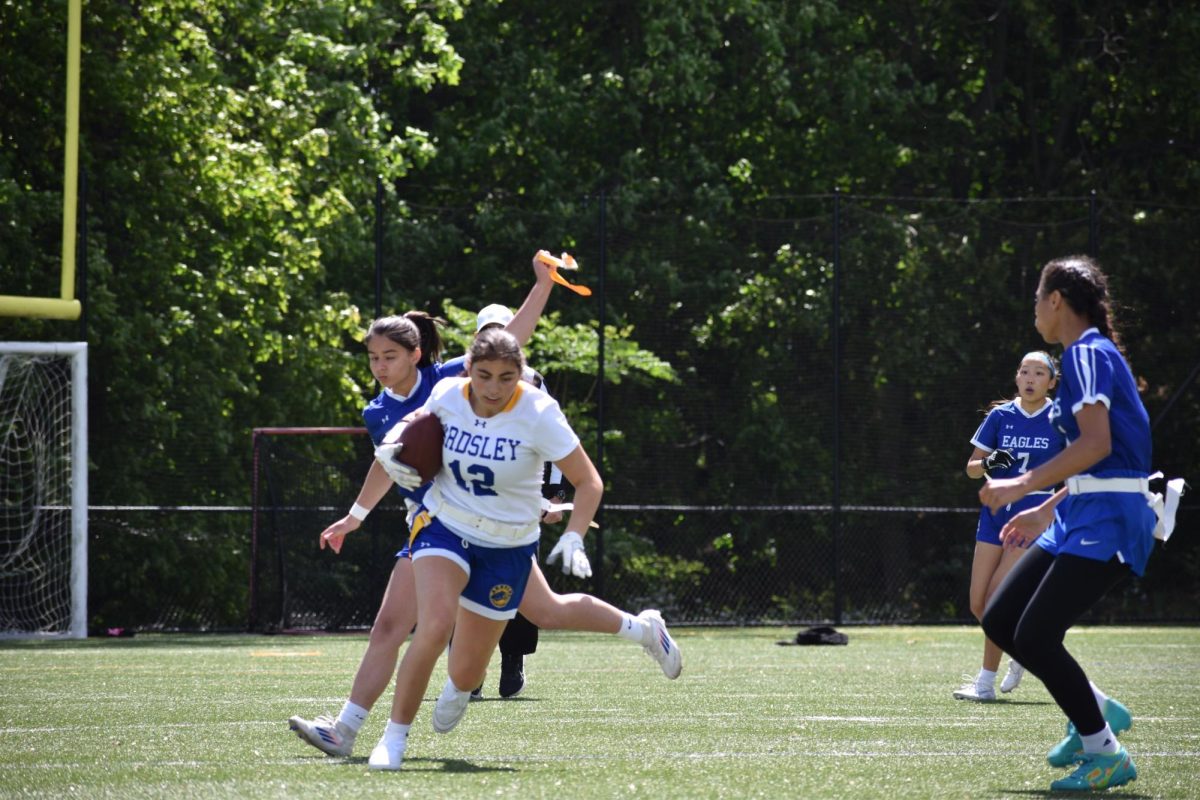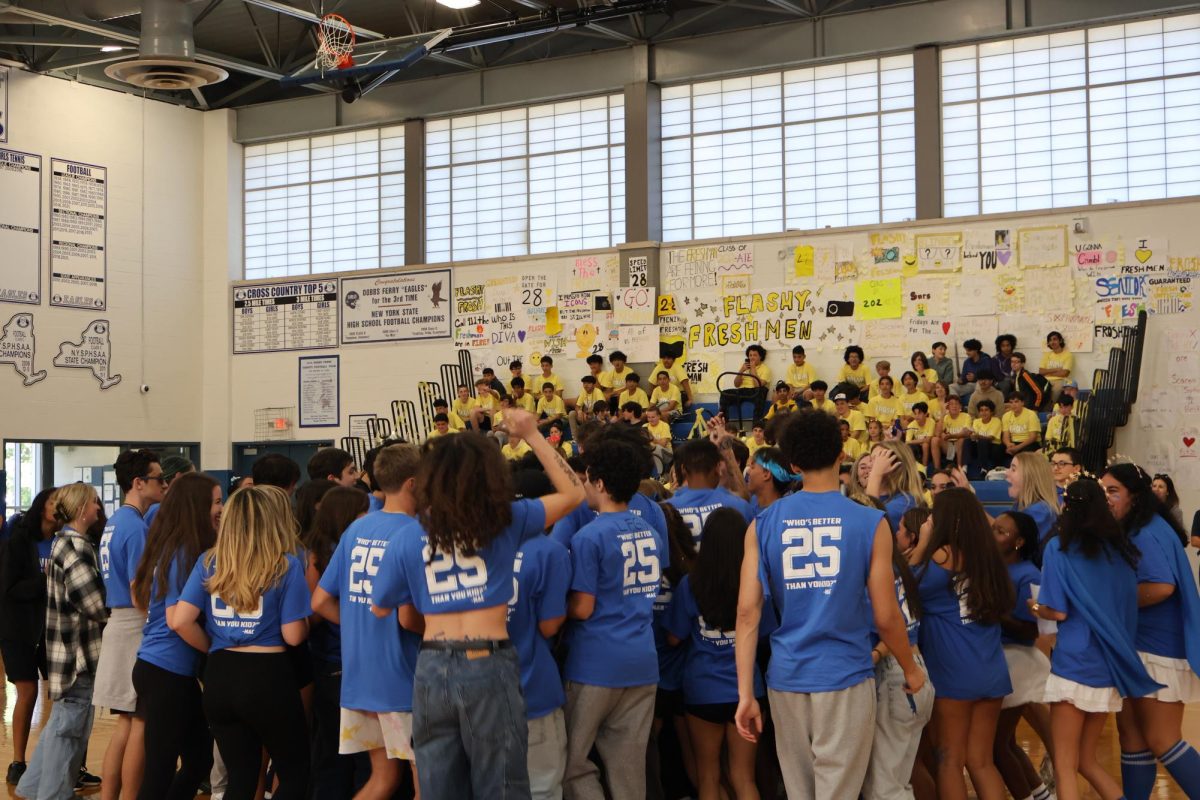It is no surprise that the college application process is a long and arduous one. Completing college applications poses various challenges to students in terms of academics, choice, mental health, and self-identity.
According to one of our school counselors, Mrs. Levy, the journey starts freshman year when students begin to understand themselves better. The search for identity is a large focus of this entire process, including which colleges you want to go to. That doesn’t mean you must have your life figured out by the end of it, though. Lily Williams-Ameen, a current senior, does not have an exact plan for the future. However, during the college application process, she knew she wanted to do something related to the humanities. In many ways, it is better to keep your outlook broad throughout these years because chances are that life will not unfold exactly as planned.
Choosing can also be a stressful part of the college application process. It is no easy task to decide where you want to spend the next four years of your life. It is not made any easier by the sociopolitical awareness that many students have gained. This, in part, is due to the attention that was drawn to protests at schools after the October 7th attacks in Israel. “Students are a lot more aware of their needs,” says Mrs. Levy. With that in mind, it raises questions about how government attitudes might shape perceptions of higher education in the future.
Before all of this choice, though, is junior year. Junior year is often considered the hardest year due to academic difficulty, stress for the SATs/ACTs, and a sense of the senior year looming deadline. However, Lily felt her senior year was the hardest because it was a challenge to balance school work and college applications.
It is no surprise that she felt this way with the relatively new norm of applying to 15 or more schools. This strategy, called ”shotgunning”, came from the gradual decline of college admission rates over the past 50 years. When students tried to combat this by applying to more schools, they ended up increasing the size of the application pool, causing admissions rates to continue to go down. It is an infinite loop that forces students to devote more time and effort to writing college applications.
It is also worth noting that after the pandemic, even more schools adopted test-optional policies. This meant students with lower scores started applying to more colleges because they thought they now had a better chance of getting accepted. This greatly increased the size of application pools.
The entire process is composed of very stressful tasks. As such, Mrs. Levy continually emphasized the importance of students’ mental well-being. She explained that she’s seen a growing focus on mental health during her years as a school counselor. This is largely due to the lingering uncertainty of the application process, which can be felt in all facets of all grades, especially in terms of identity. Eventually, though, this uncertainty will be overshadowed by something much greater. As Lily said, by senior year, you will “see all your hard work and dedication pay off”.
While striving to meet that end goal, it is essential to remember that there are brighter sides to these four years, such as going home, spending time with friends, or getting a brief respite in the middle of the day. Despite these minor alleviations, the application process will still be tough. However, the end result will make it worth it.






